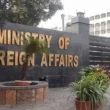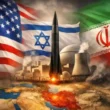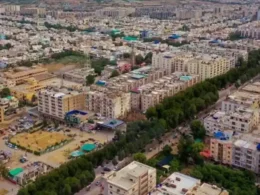Last night, Karachi’s waters witnessed a rare and captivating event as bioluminescence lit up the beach in a mesmerizing blue hue.
The stunning sight of waves adorned with breathtaking blue sparkles enchanted spectators, offering a magical spectacle along the city’s coastline.
According to Moazzam Khan, Technical Adviser at World Wildlife Fund (WWF) Pakistan, the phenomenon was caused by Noctiluca scintillans, also known as “sea fire” or “sea twinkle.” These tiny marine organisms, smaller than mustard seeds, emit light as part of a chemical process known as bioluminescence.
Khan emphasized that the presence of Noctiluca scintillans in Karachi’s sea indicates the richness of marine life in the area.
While appearing as a radiant blue at night, these organisms display a green color during the daytime. They are a type of phytoplankton commonly found in coastal regions across tropical, subtropical, and temperate areas.










